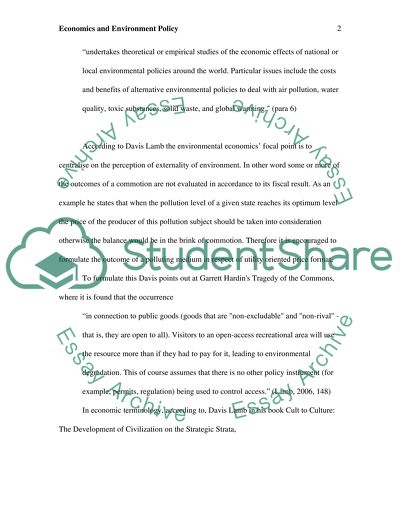Cite this document
(The State of the Environment and Government Environmental Policy Research Paper, n.d.)
The State of the Environment and Government Environmental Policy Research Paper. Retrieved from https://studentshare.org/environmental-studies/1520040-economics-and-environment-policy
The State of the Environment and Government Environmental Policy Research Paper. Retrieved from https://studentshare.org/environmental-studies/1520040-economics-and-environment-policy
(The State of the Environment and Government Environmental Policy Research Paper)
The State of the Environment and Government Environmental Policy Research Paper. https://studentshare.org/environmental-studies/1520040-economics-and-environment-policy.
The State of the Environment and Government Environmental Policy Research Paper. https://studentshare.org/environmental-studies/1520040-economics-and-environment-policy.
“The State of the Environment and Government Environmental Policy Research Paper”, n.d. https://studentshare.org/environmental-studies/1520040-economics-and-environment-policy.


